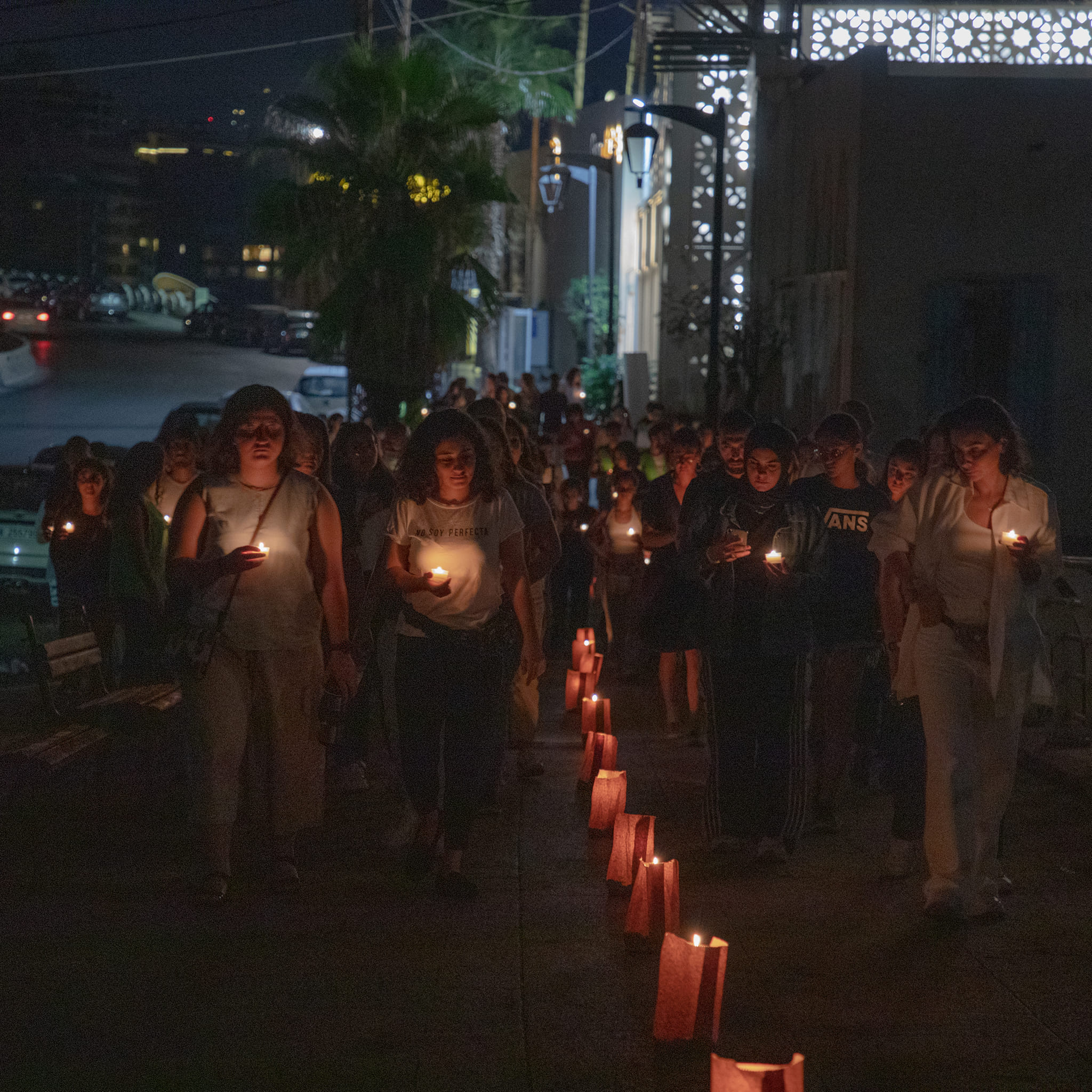Trigger warning: Article contains information which may be triggering for some viewers.
A recent spike in suicide cases has drawn concern all around, but contrary to popular belief, the circumstances leading to these cases are not solely economic or financial, but rather social, political, and as of late, ideological.
In recent months, these reasons and more have led to nearly 70 recorded suicide cases, a sharp 65 percent increase from the previous year. Informational International currently predicts this number to rise to nearly 170 cases by the end of the year – the highest recorded number yet since 2012.
A 65 percent increase
On June 12, Informational Internaitonal published statistics about the increase in suicide rates in Lebanon, drawing attention to the fact that “suicide cases in recent months have shown that 66 individuals have fallen victims to suicide, in comparison to just 40 during the same time period of last year, recording an increase of 65 percent.”
“At the current pace, the rate will increase to more than 170 victims by the end of the year, which is the highest number recorded between the years of 2012 and 2022,” it added.
The report also indicated that the above-mentioned suicide rates are those reported to internal security forces, and that there ios a possibility many other cases have not been reported as suicide.
Beyond the economic situation
According to Information International researcher Mohamad Shamseddine, the actual number of suicide cases may be higher than the official numbers, as there are certainly cases that have not been reported to internal security forces, or that are not considered as suicide.
In a conversation with Beirut Today, Shamseddine clarified that the reasons behind suicide are not solely tied to Lebanon’s economic crisis.
On June 29, a body was found on the side of the road in Haret Hreik, in Lebanon’s suburban districts. It was later identified as that of Ali Issam Farhat, who had recently returned to Lebanon from Canada.
Farhat had stripped himself nude before throwing himself off the rooftop of his building, with his wife attempting to follow suit in the next few hours. While he passed on impact, she survived the attempt as she did not immediately hit the ground.
“The Sacrament”
Statements given by neighbors and unofficial investigations later revealed that the pair were followers of a religious group known only as “The Sacrament.” Members of the group partake in a random selection, where the selected members are then required to end their lives as part of a religious sacrifice.
When Farhat’s name was drawn, he was required to sacrifice himself in the name of the Imam Ali. His wife and newborn son were also meant to follow suit, as the randomized selection is not up for dispute.
According to these reports, the group believes that its members must conduct these individual sacrifices in the name of religion, and this is normally done through hanging or jumping off a high surface during periods of commemoration for the Imam Ali, his sons, or his grandsongs.
In the Imami Shiite faith, it is believed that Imam Ali inherited the imamate after the Prophet Muhammad and that they are, symbolically, represented as one. Thus, offering the sacrifice to Imam Ali is considered an expression of subordination and glorification to him as a spiritual leader and role model for Shiite Muslims.
However, these sacrifices have largely been rejected and condemned by the Shiite clergy. Despite this, some Shiite followers continue to carry on these ‘traditions.’
The Embrace Hotline
In recent months, non-governmental organization Embrace has offered more than 457 free therapy sessions to 189 individuals. According to statistics published by the organization, 63 percent of the beneficiaries of these services are women, and 68 percent of them are between the ages of 18 and 34.
The numbers also indicate that 28 percent of the beneficiaries have announced that they are currently unemployed, and 53 percent who attended a single session stated that they are suffering from mild to severe depression, in addition to some symptoms compatible with anxiety disorders.
Embrace has also installed its lifeline in recent years, which citizens can contact via the number 1564 for mental health services and suicide prevention.
Packaged therapy
Suicide statistics in Lebanon are often made available through press and media reports in addition to those of governmental and non-governmental organizations. The problem lies not with the lack of statistics, but rather with the absence of scientific research on suicide and ways to reduce it.
“We did not work scientifically and correctly in Lebanon on the issue of suicide. We were satisfied with applying “packaged therapy programs” from the West that are drastically different from our society, our socio political conditions, and the issues many suffer from,” said Ali al-Atrash, the founder of the Lebanese Center for Psychological and Social Sciences “Nafsanyoun.”
“We are in dire need of psychosocial research, serious scientific studies, conferences and workshops on the issue of suicide. This is essential for the installation of new educational and preventive programs, because we are still very far from applying effective therapeutic techniques, and the reason behind this is the absence of scientific research and the lack of specialized institutions.”
In conclusion, al-Atrash recommended a careful observation of suicide cases in Lebanon in order to “discern a specific pattern that is suitable as a material for study.”


